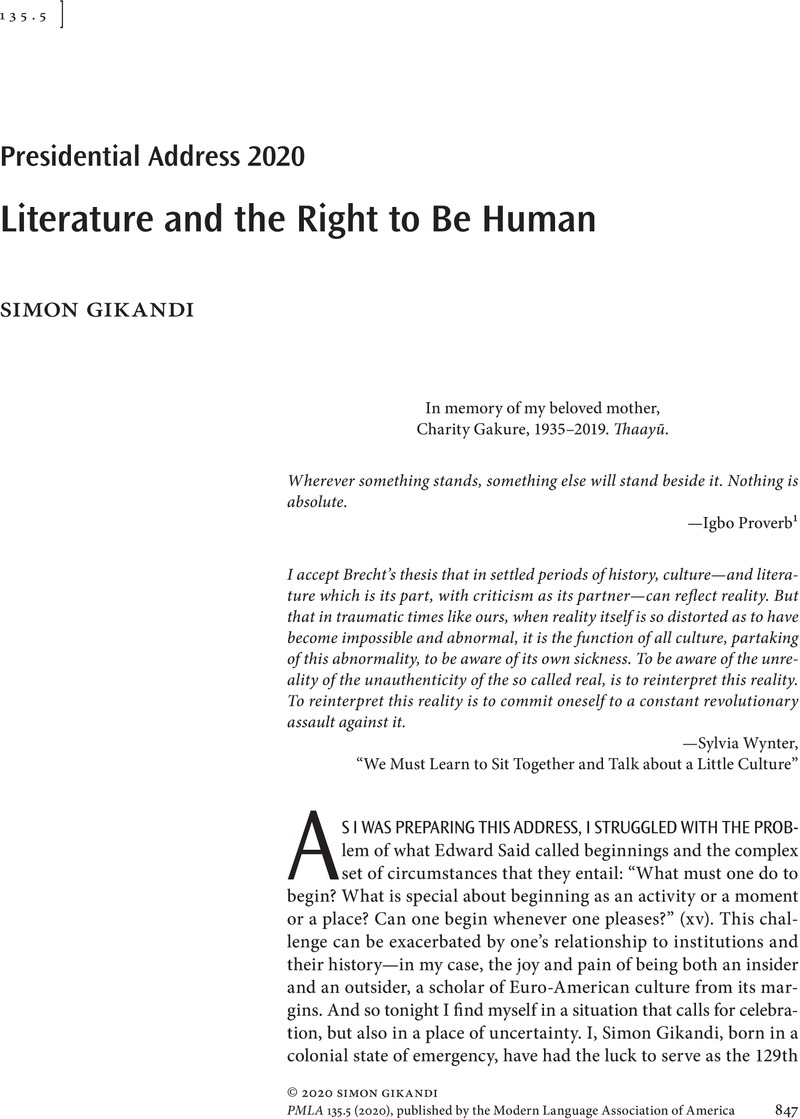Crossref Citations
This article has been cited by the following publications. This list is generated based on data provided by Crossref.
Mahlomaholo, Sechaba M. G.
and
Mahlomaholo, Makeresemese R.
2022.
Global Perspectives on Educational Innovations for Emergency Situations.
p.
25.
Steele, Karen
2025.
Female gothics and the traumatic legacy of Ireland’s revolutionary years: Rosamond Jacob’s
The Troubled House
and Dorothy Macardle’s
The Uninvited
.
Irish Studies Review,
Vol. 33,
Issue. 1,
p.
90.


